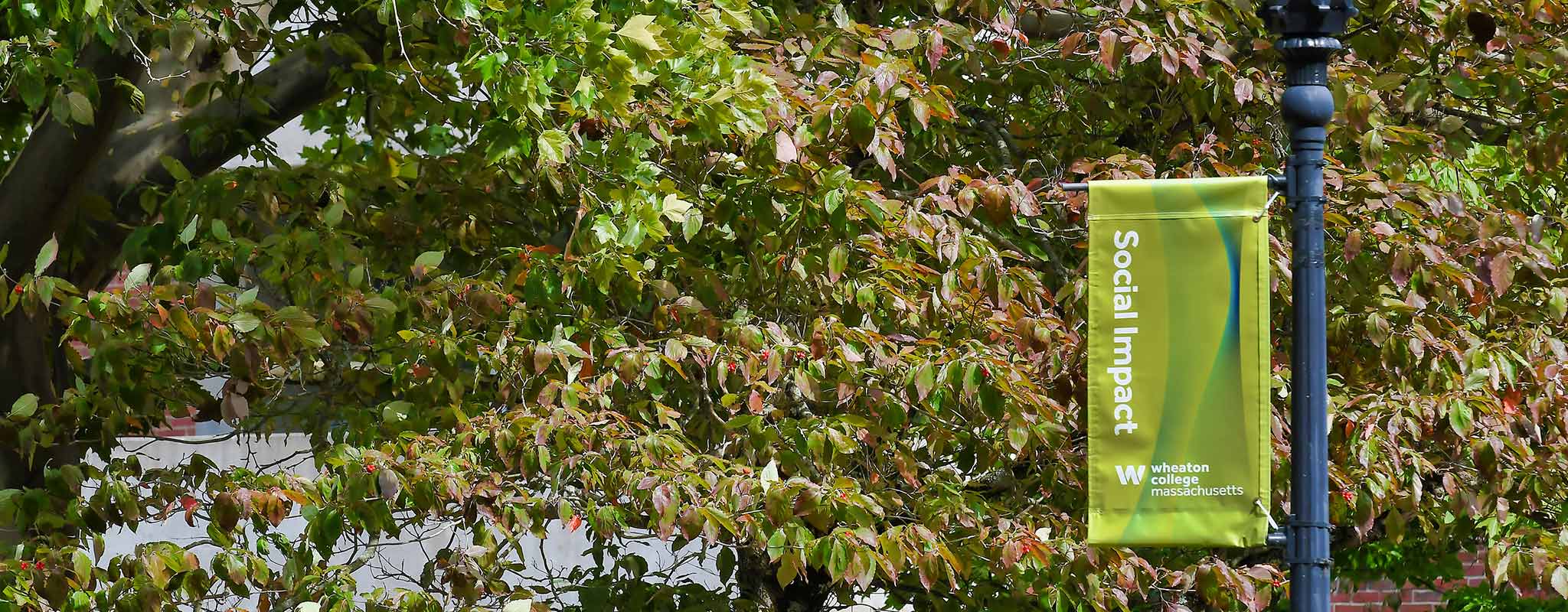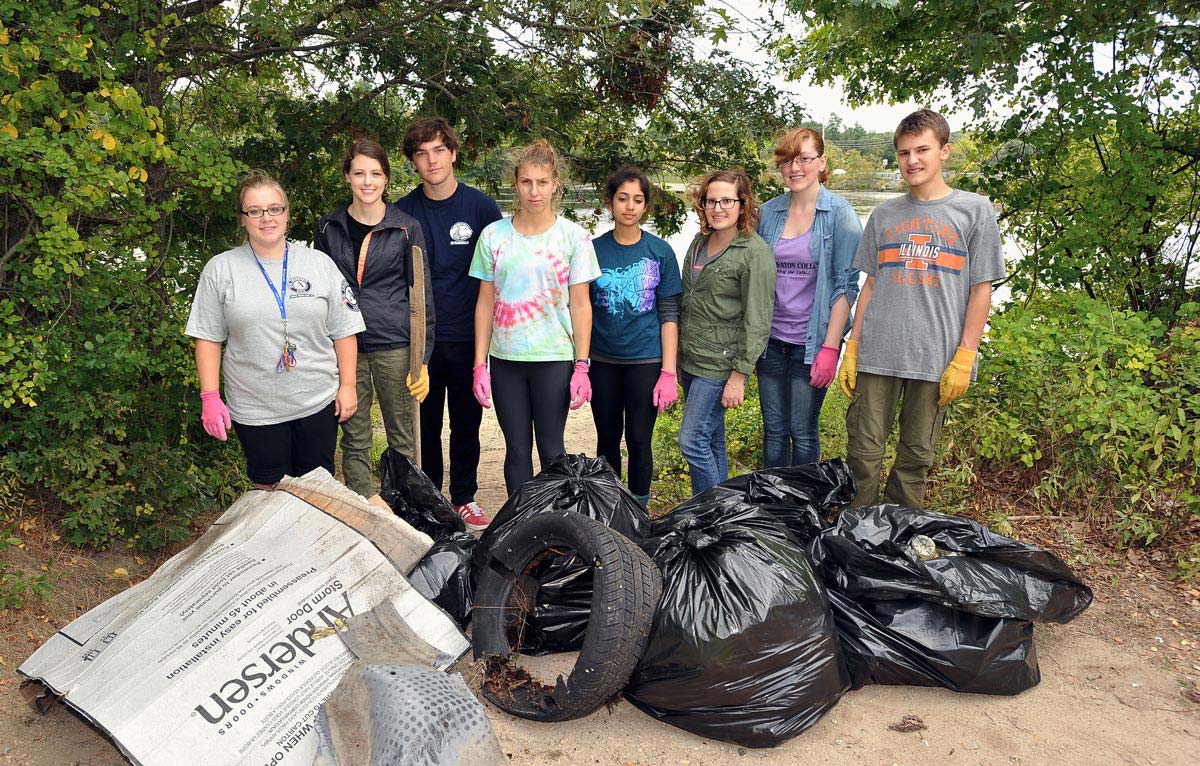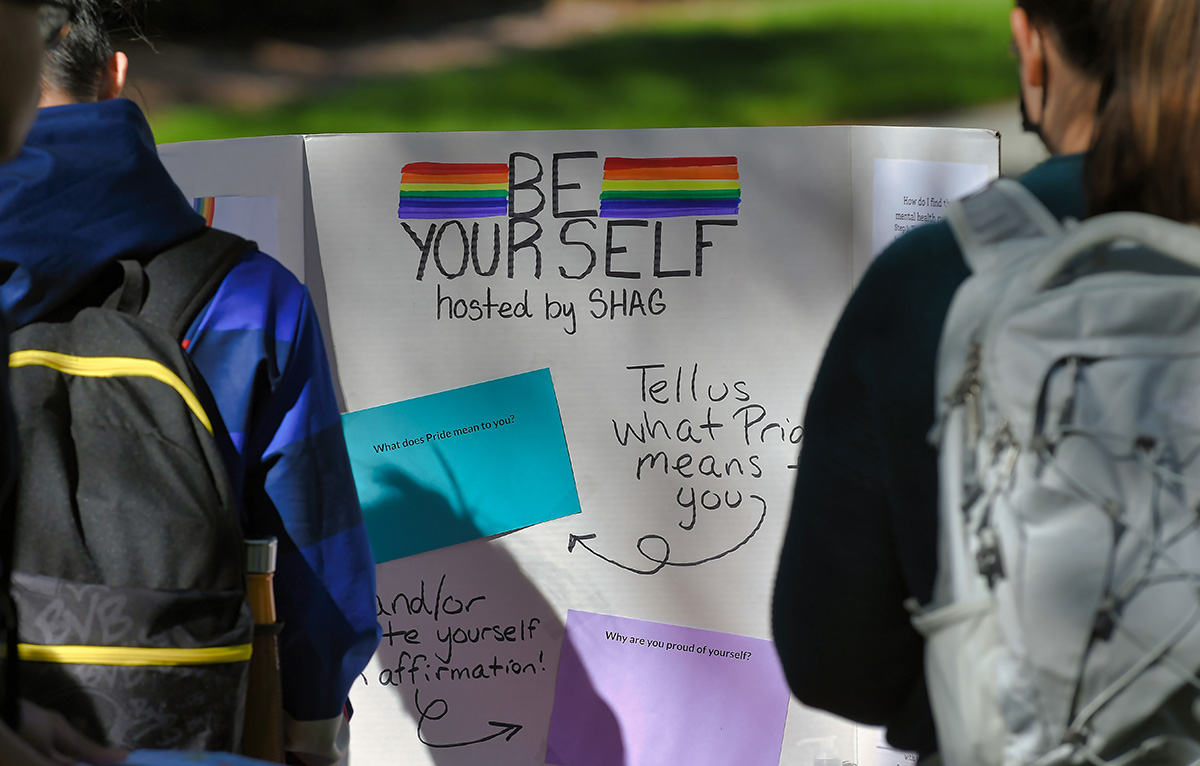Social Responsibility is Wheaton shorthand for informed and inclusive activism.
The Center for Social Justice and Community Impact (SJCI) encourages and supports passionate and informed political activism, creative approaches to social justice work, and respectful bi-partisan dialogue on issues of importance to our community, country and world through speakers, dialogues, film, art and spoken word events, and other programs.
SJCI and the Center for Religious & Spiritual Life are located in the basement of the Cole Memorial Chapel on Wheaton College’s campus. Together, the Centers (affectionately known as “The Base”) collaborate with campus and community partners to leverage our resources to foster equity, service and solidarity at Wheaton, in Bristol County, and in the global community.
Community Engagement
SJCI works with student-run organizations like Students United to Serve (SUS) and local partners in Norton, Attleboro, Taunton, and surrounding areas to create opportunities for students to put the tenets of social justice into practice not only on within the Wheaton community, but also beyond our campus borders as global citizens.
We brought in youth organizers from the March for Our Lives Boston Chapter to speak about their organizing against gun violence. We’ve hosted “Elephant Room” talks to speak about important, but uncomfortable social issues. We strongly encourage students to be productively involved in advocacy for themselves and others.
Contact
On social media
“If you leave me to myself alone, I shall try to succeed alone. But if we try it together, the task will not be easier, but it will be deeper and richer.”
~ N. Kazantzakis
Support Services
Community Service
The Center for Social Justice and Community Impact encourages students, faculty and staff to move beyond a charity-based model of service to one of full and sustainable partnerships in which all participants benefit in significant ways.
LGBTQ+ Engagement
The Center for Social Justice & Community Impact is dedicated to providing programs and opportunities that promote and celebrate the LGBTQ+ experience. We strive to make our campus an inclusive space for all students.


